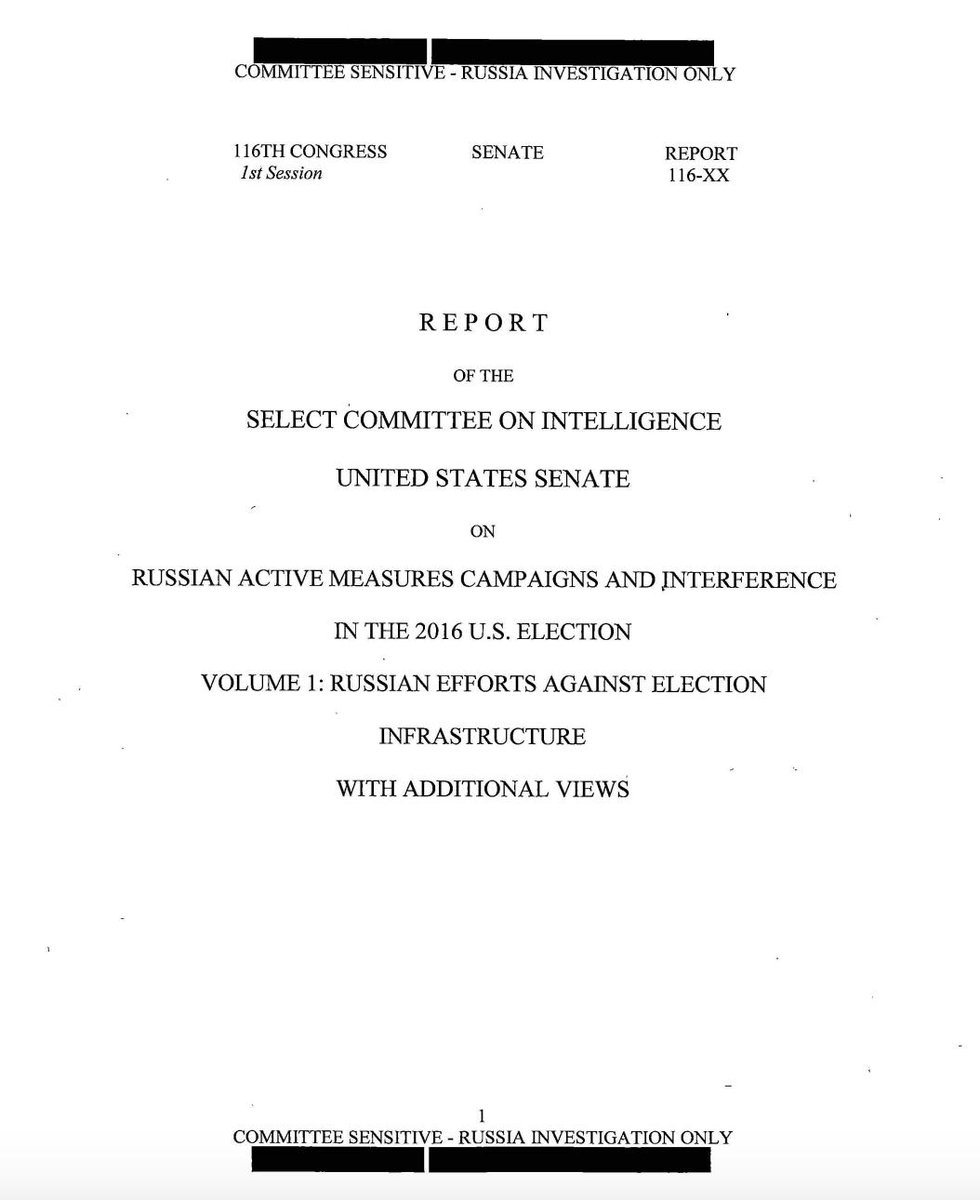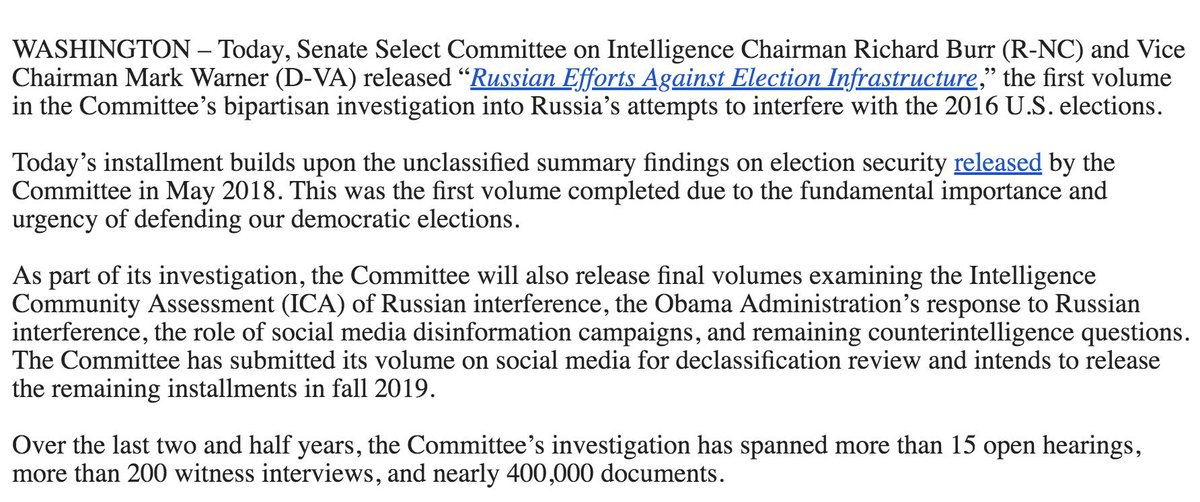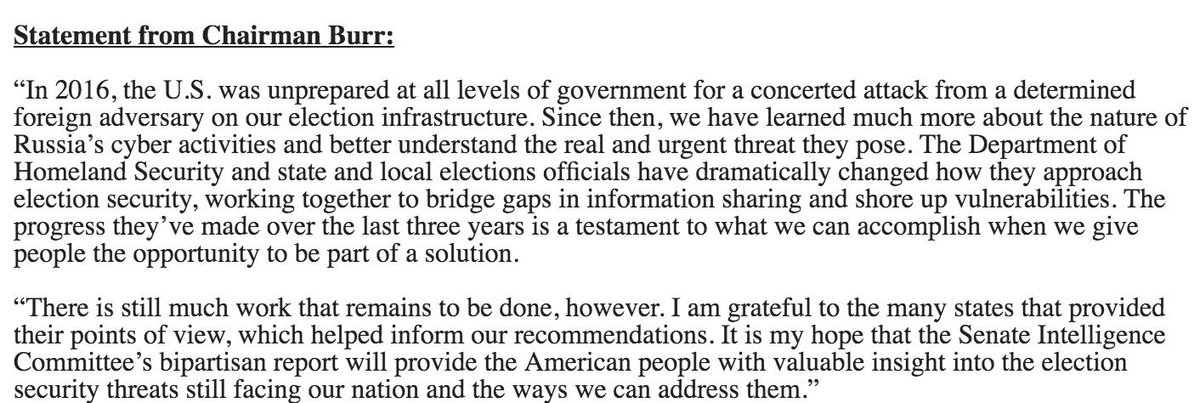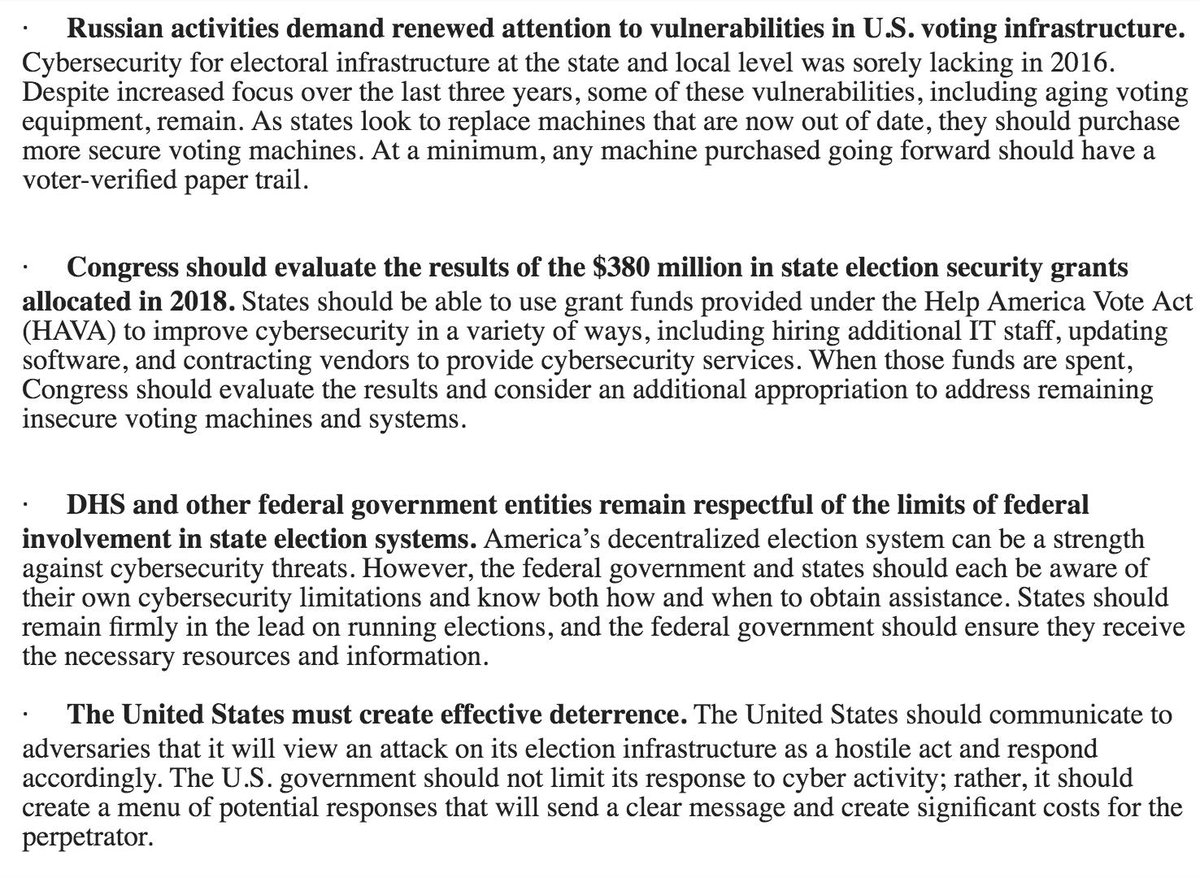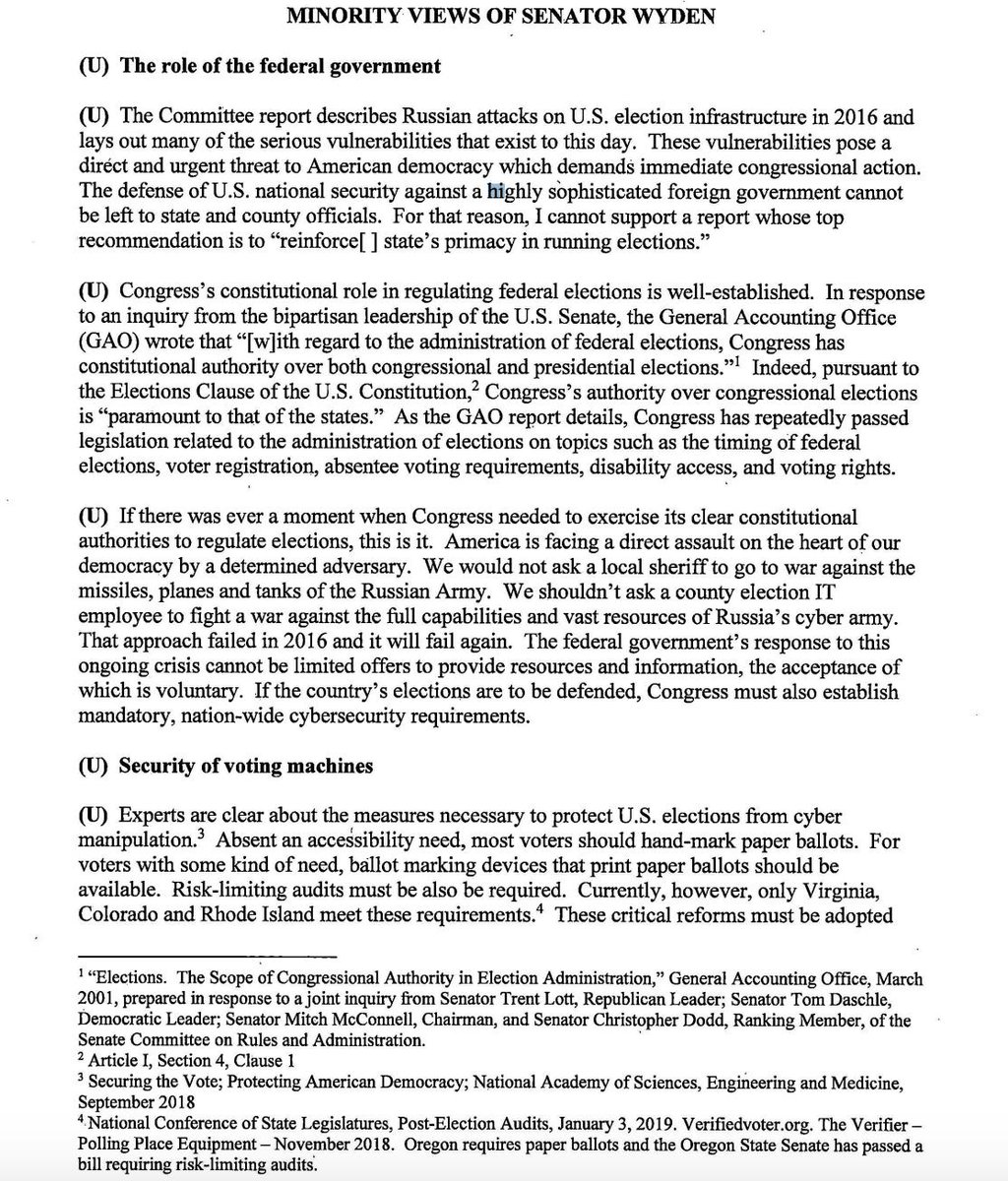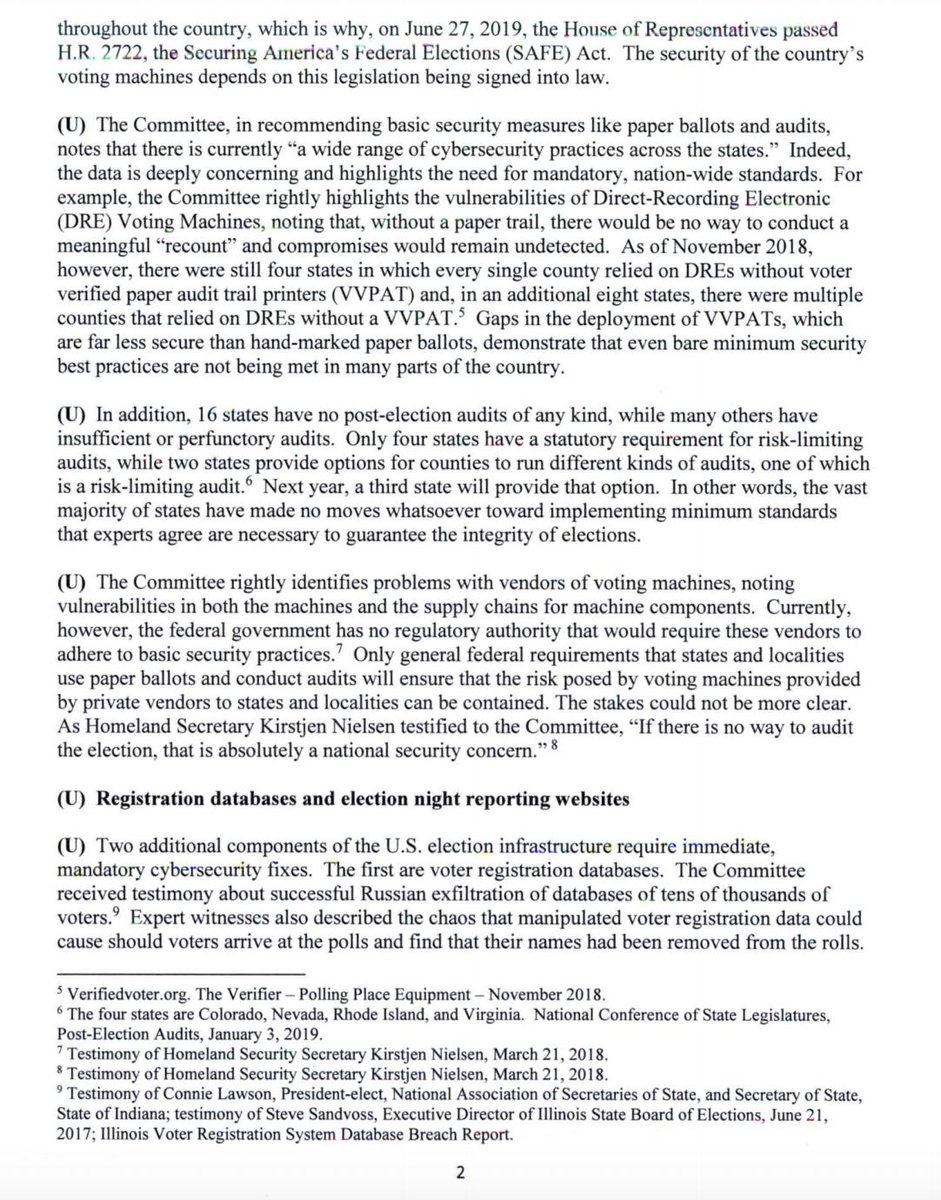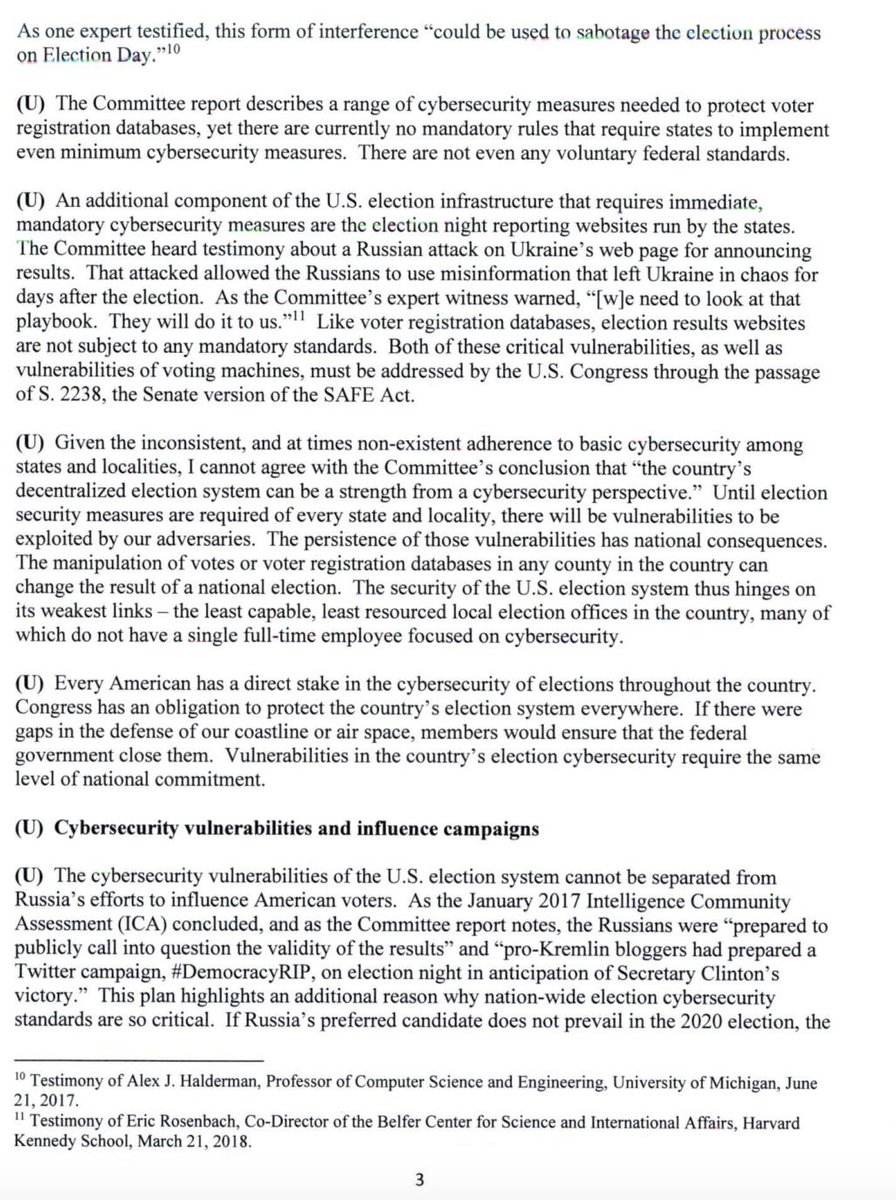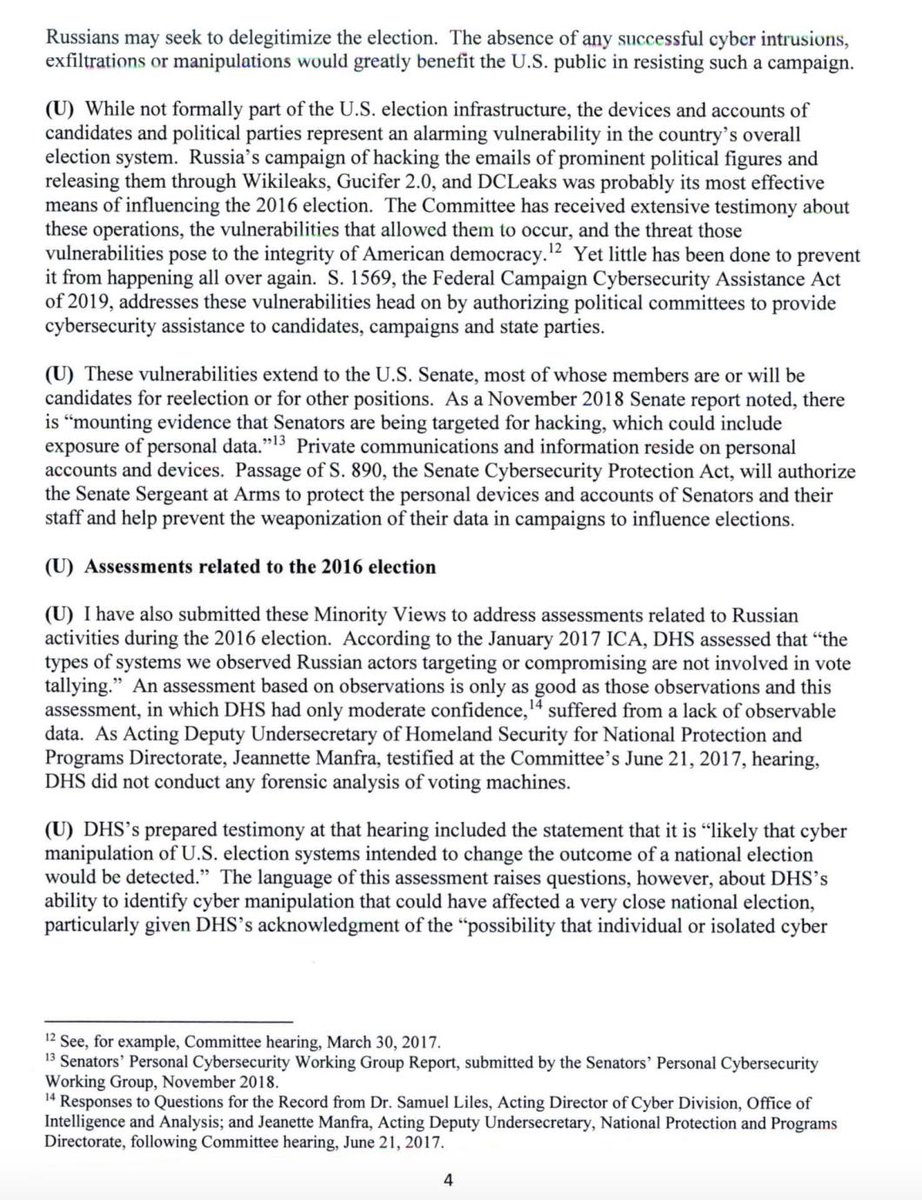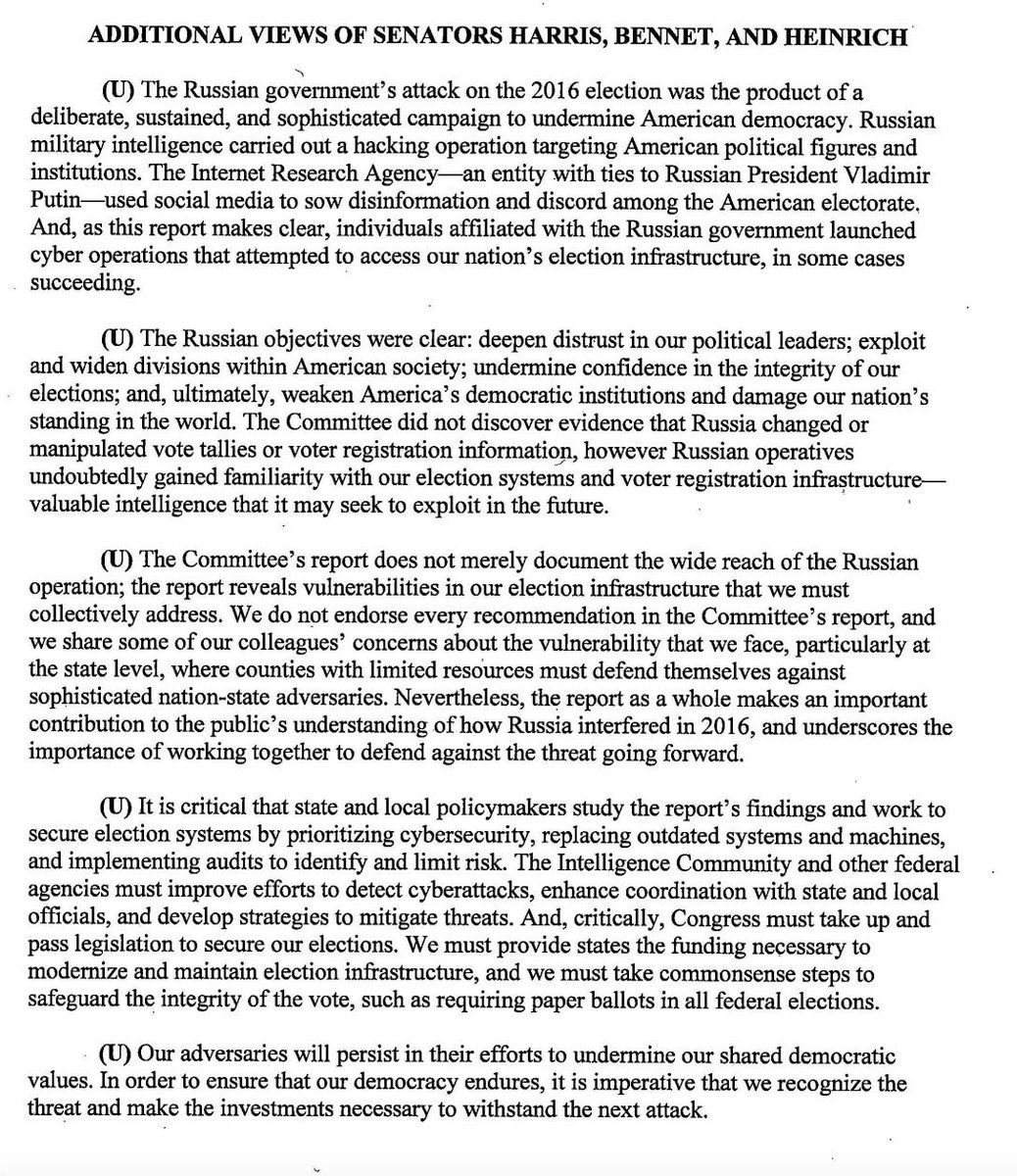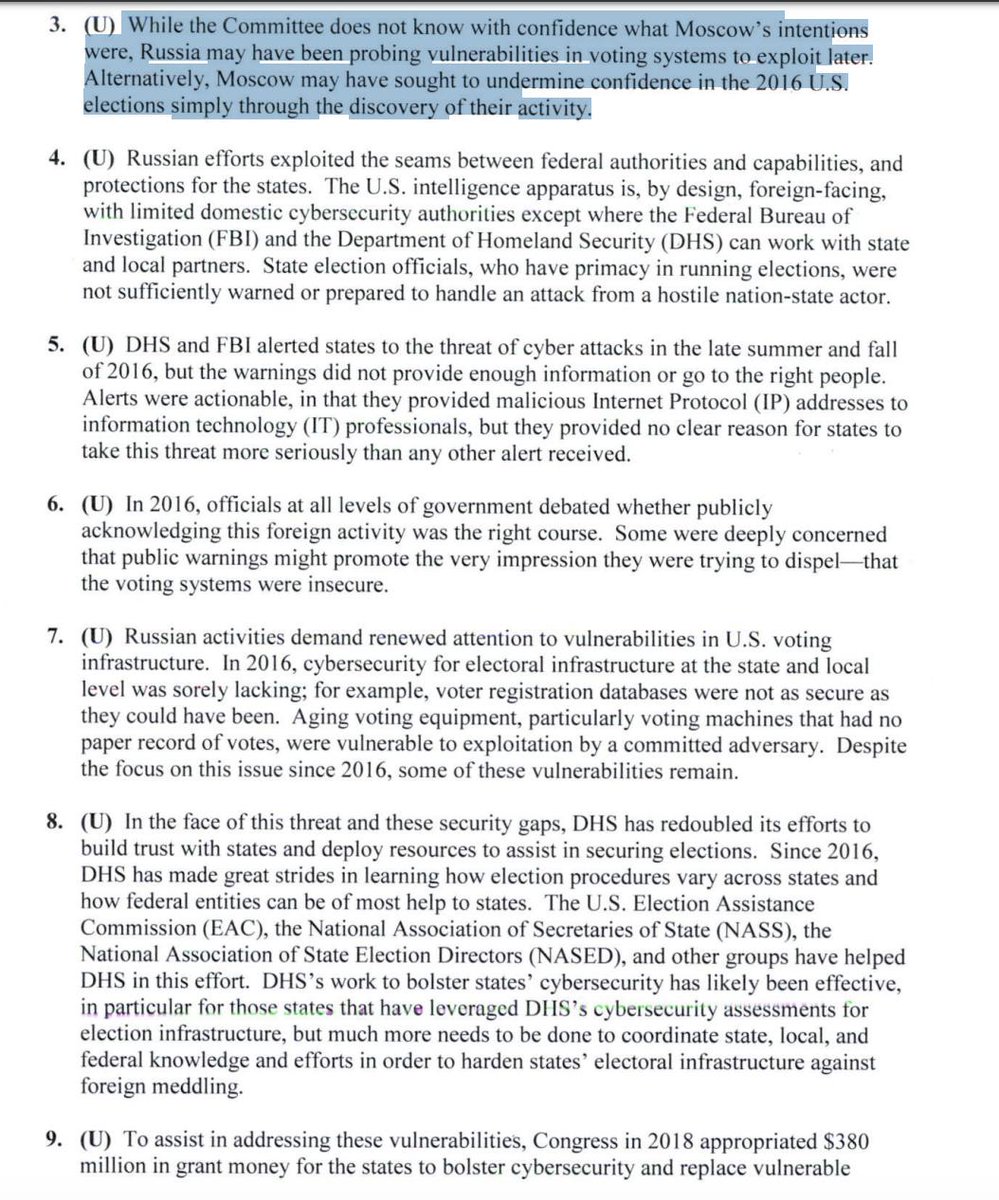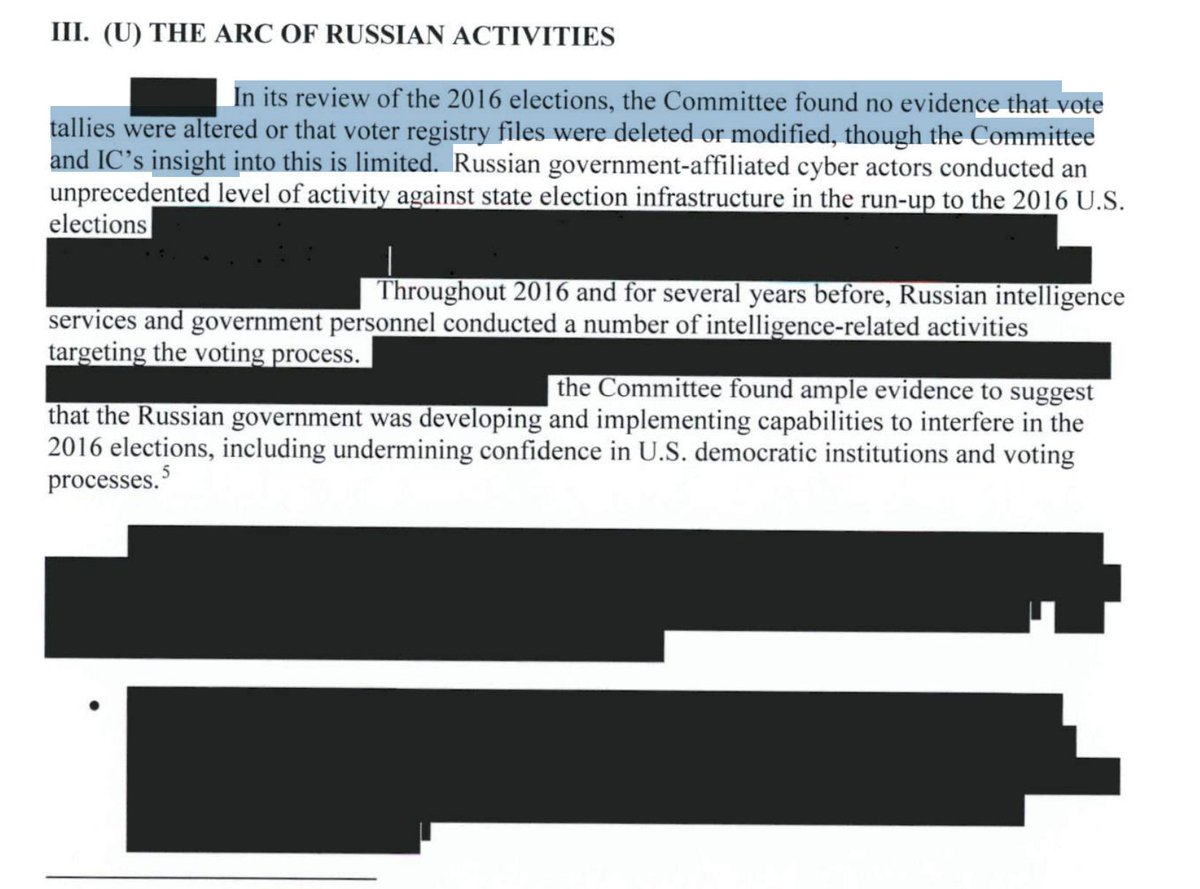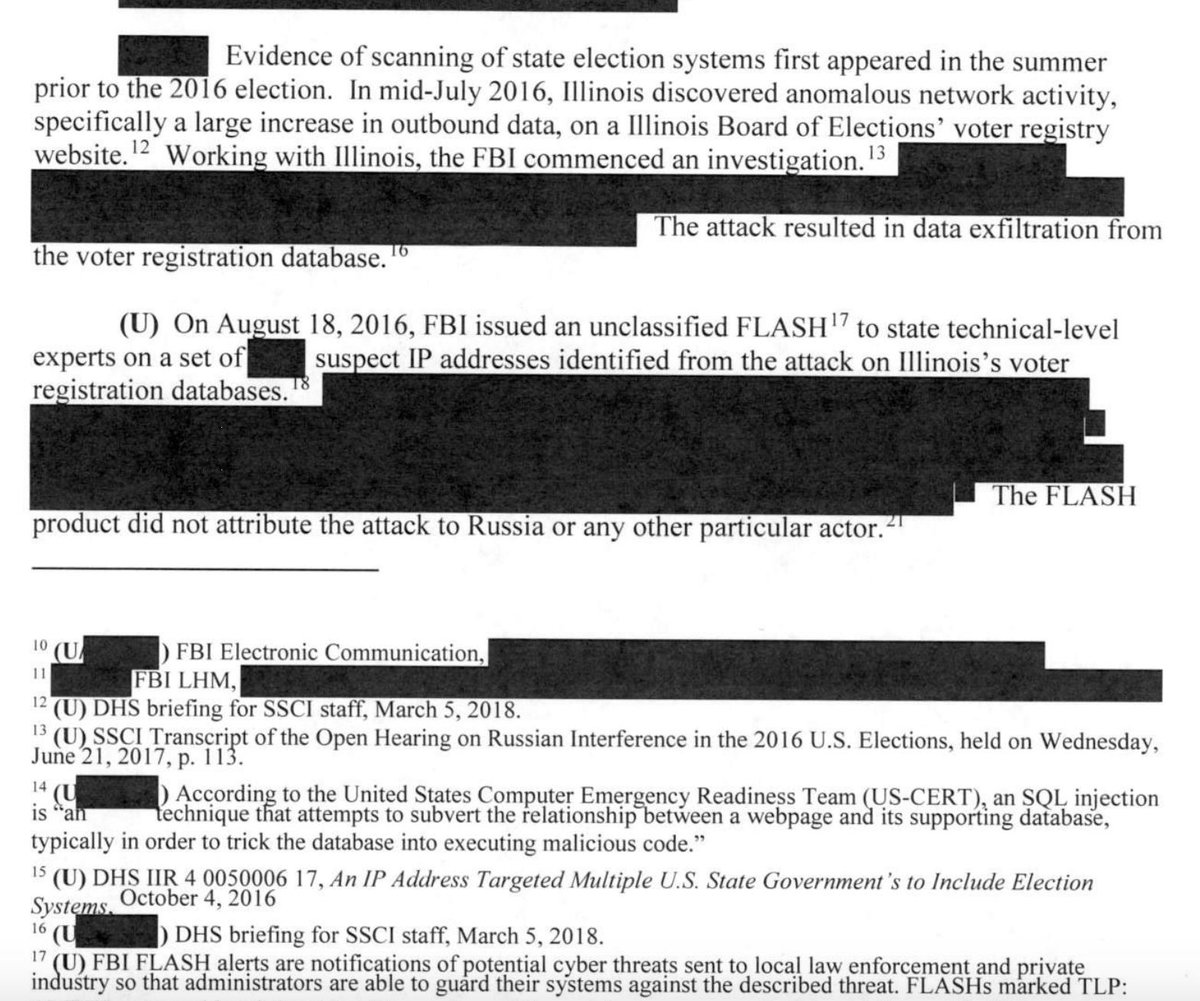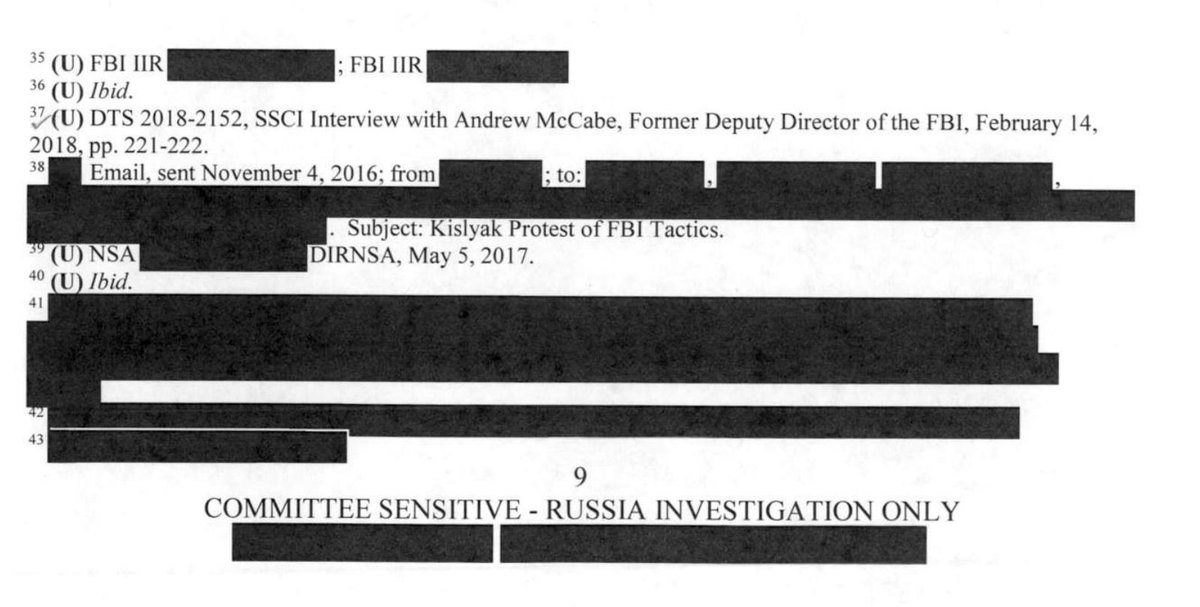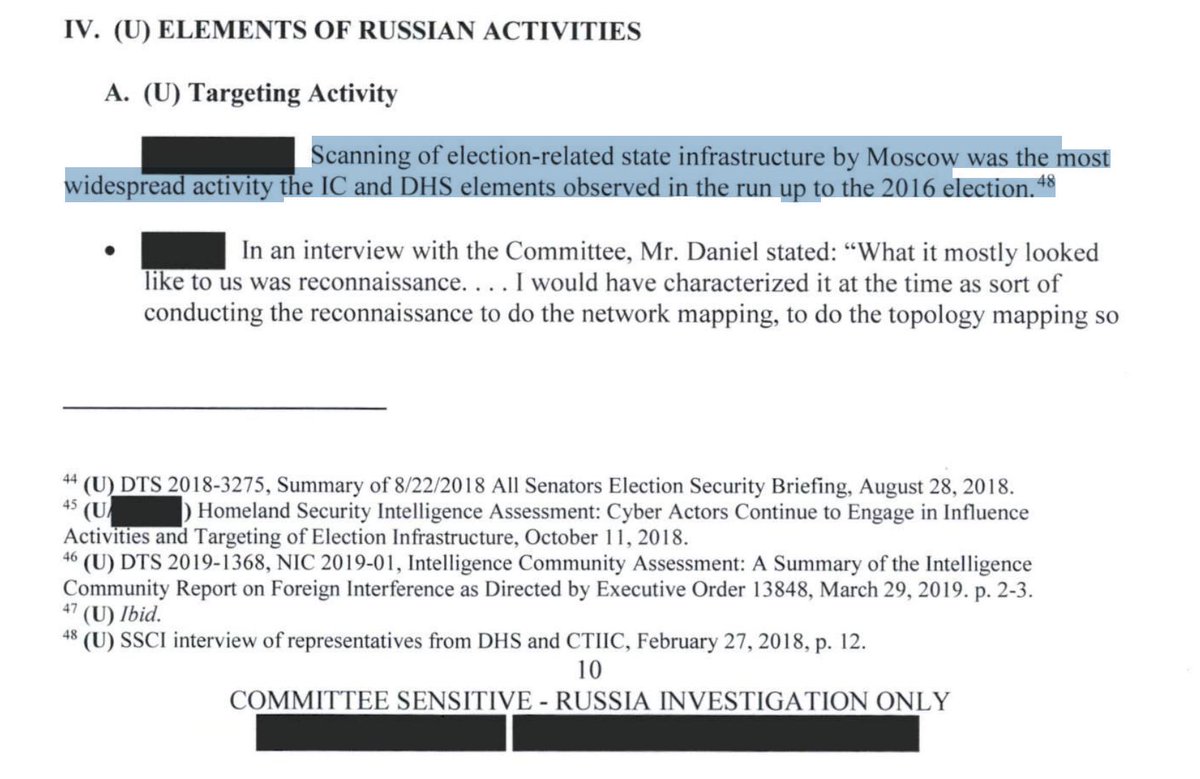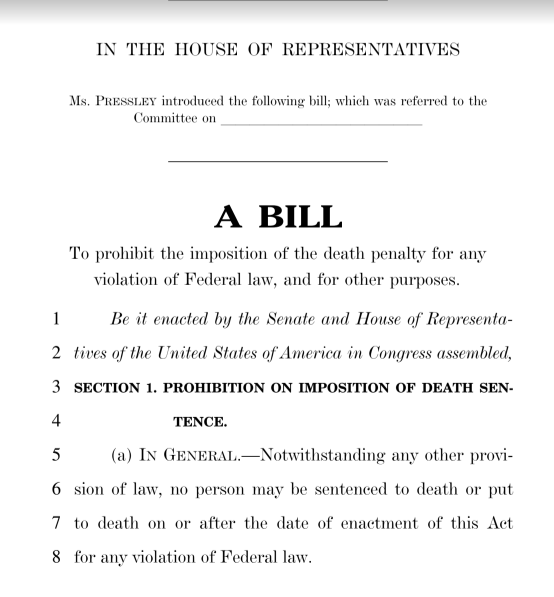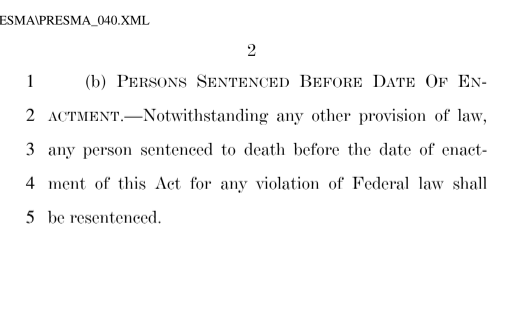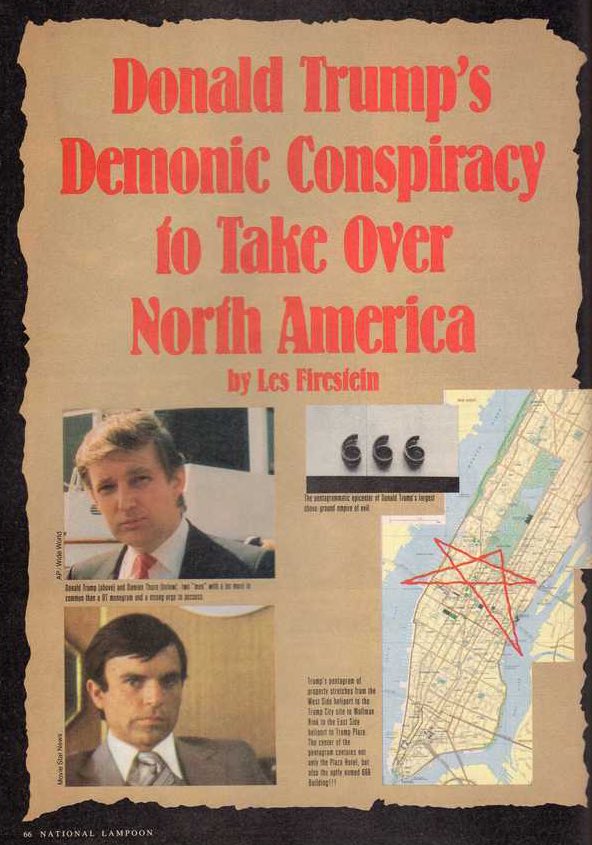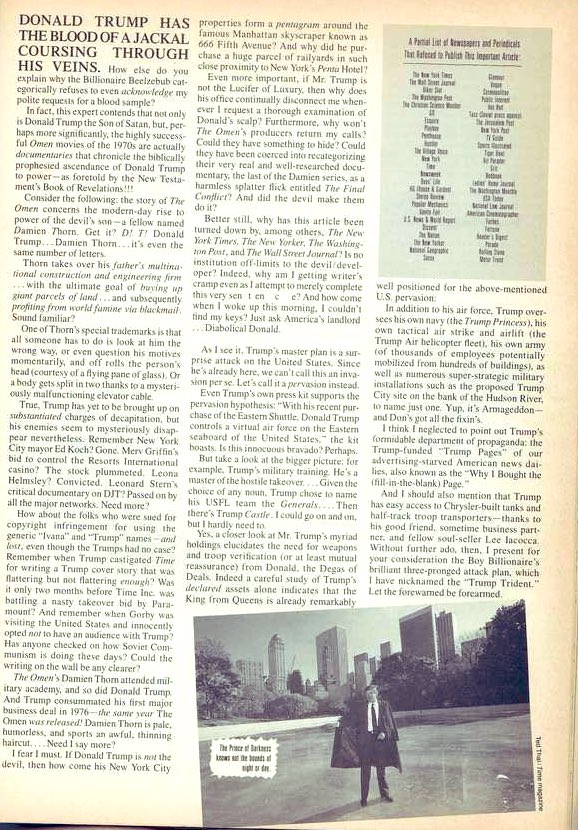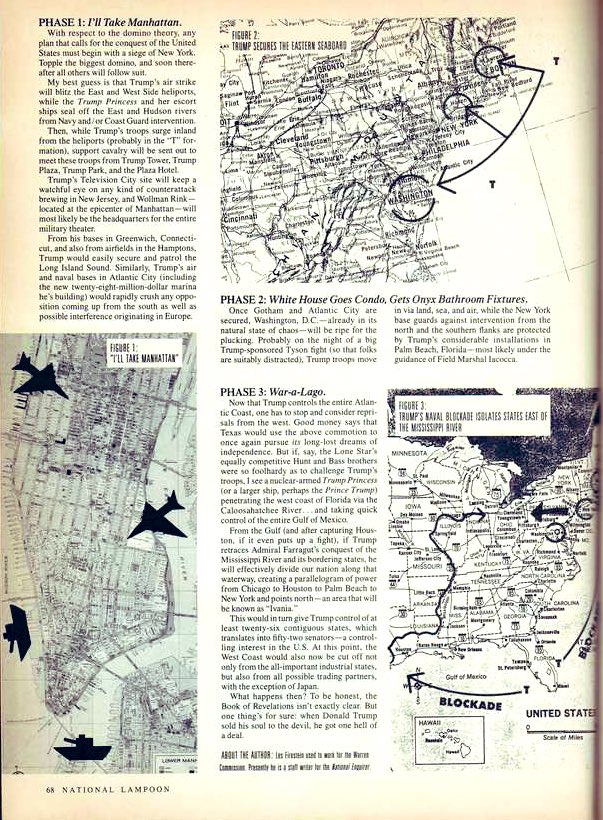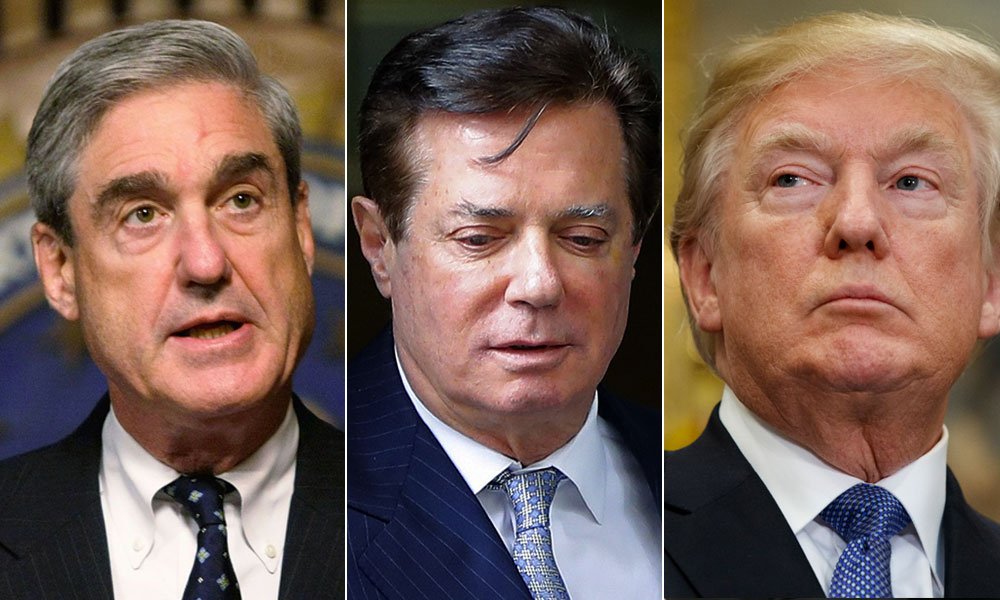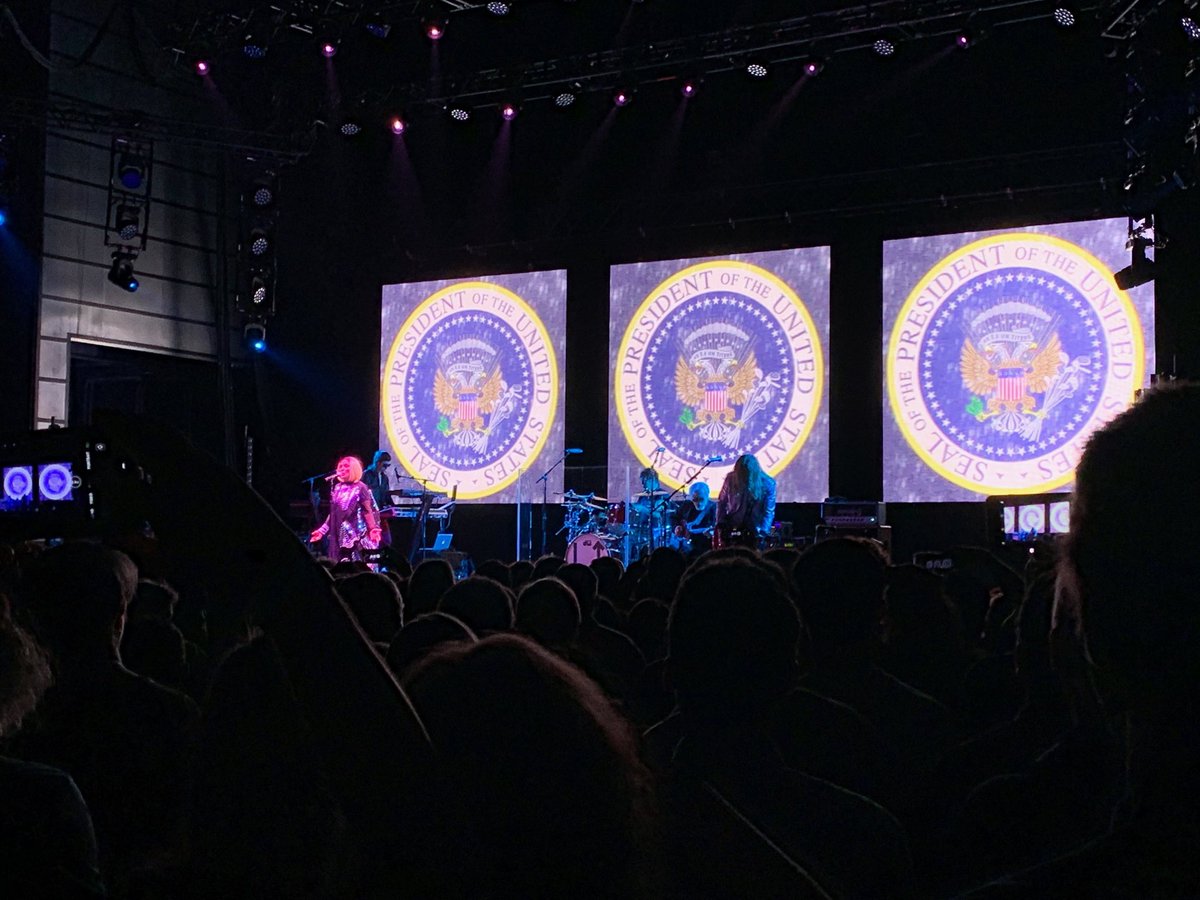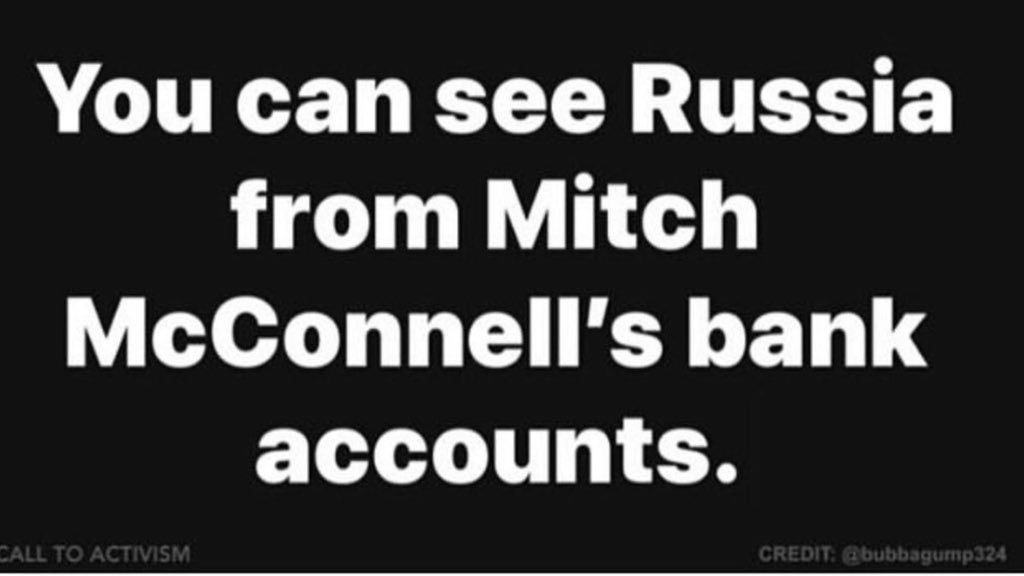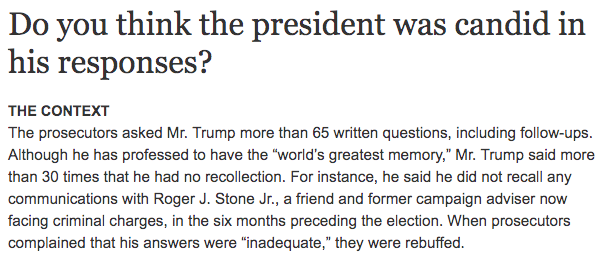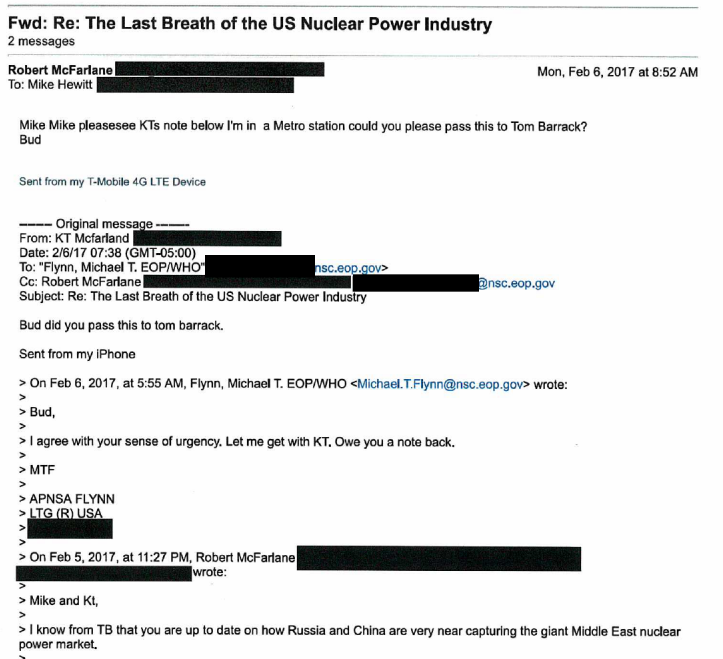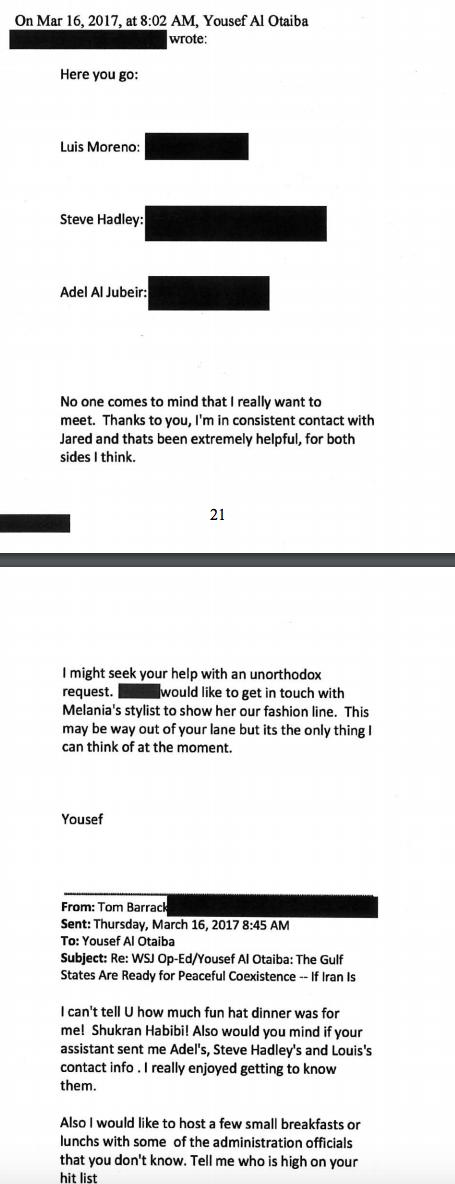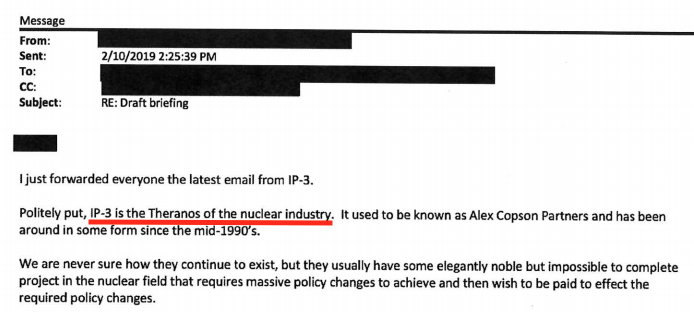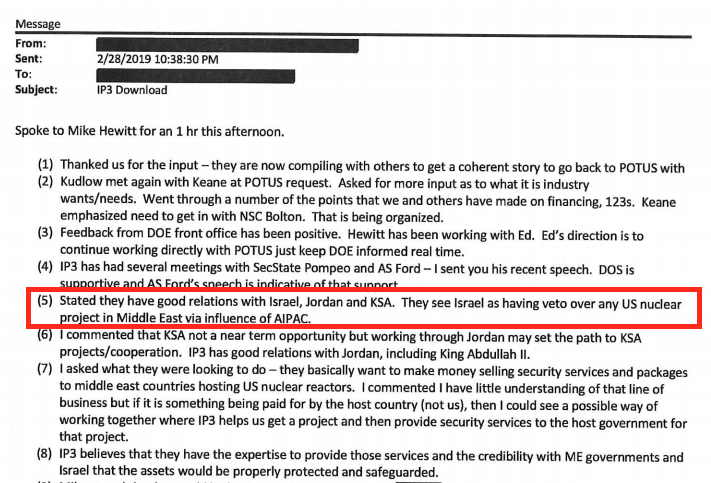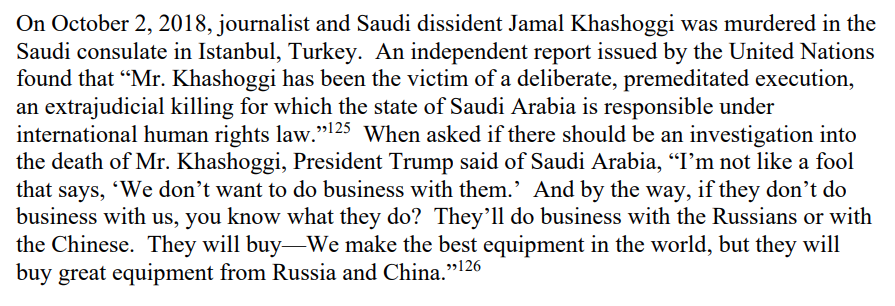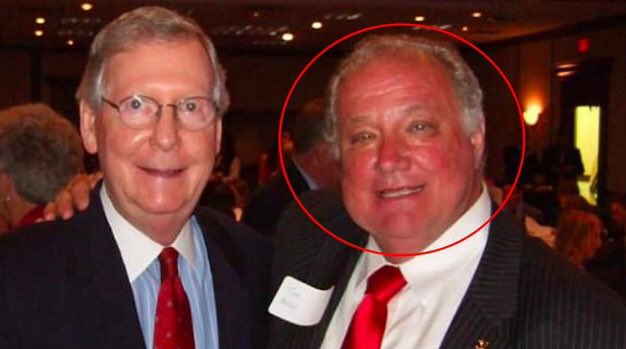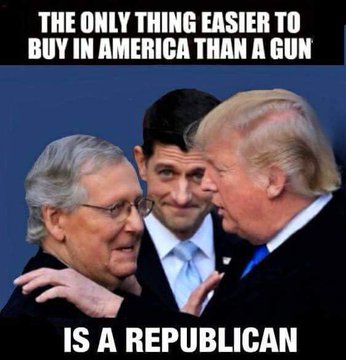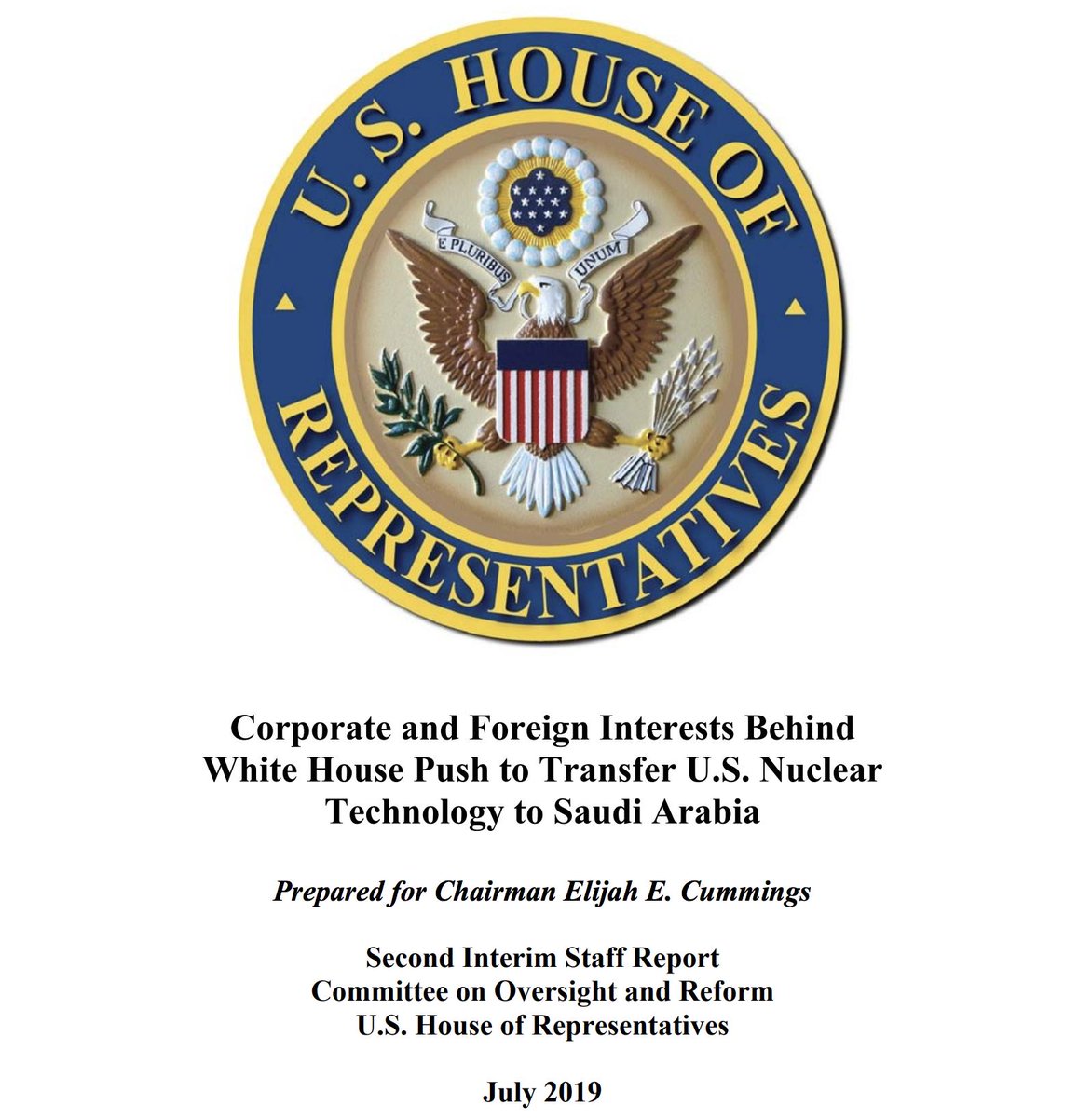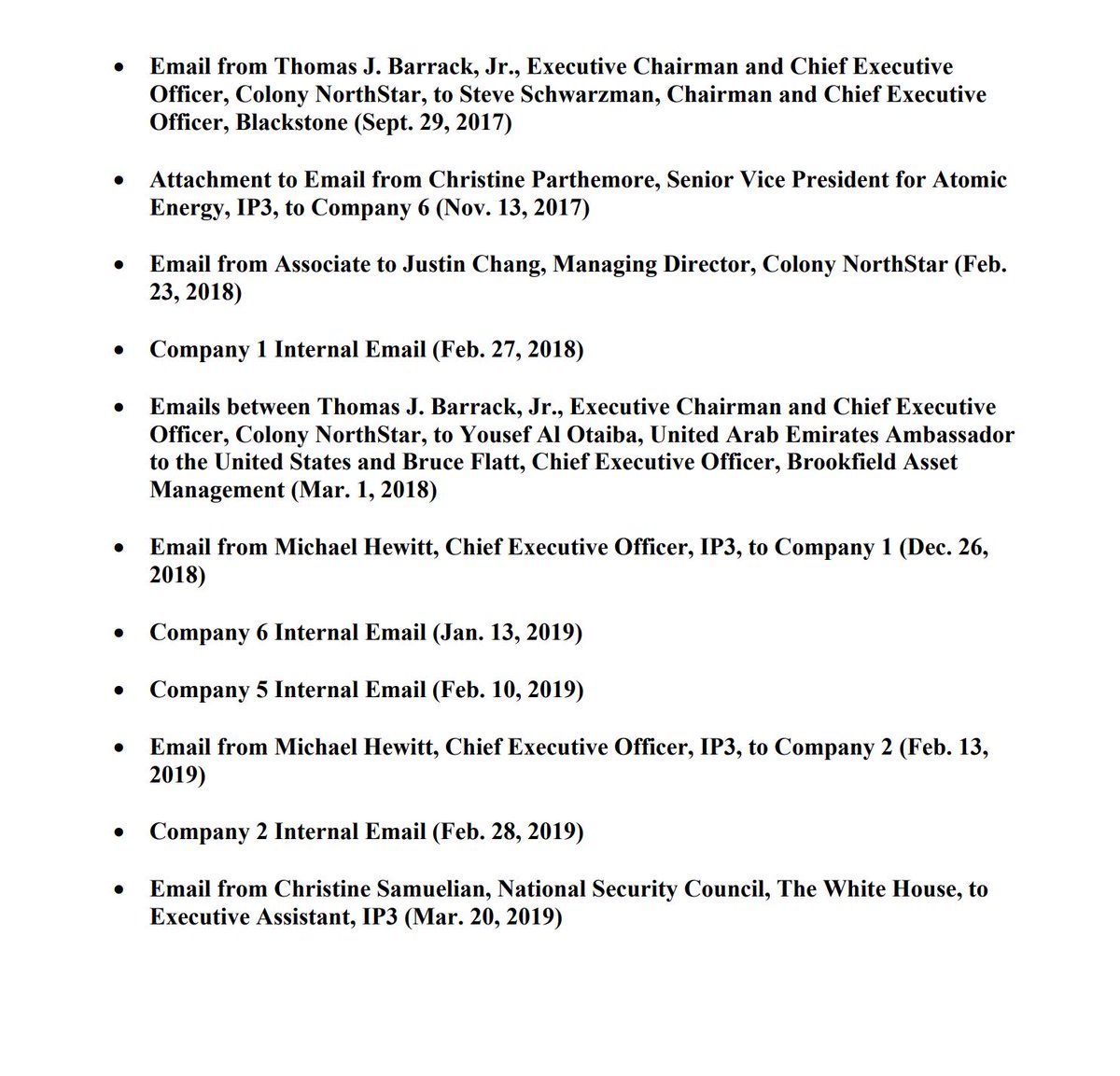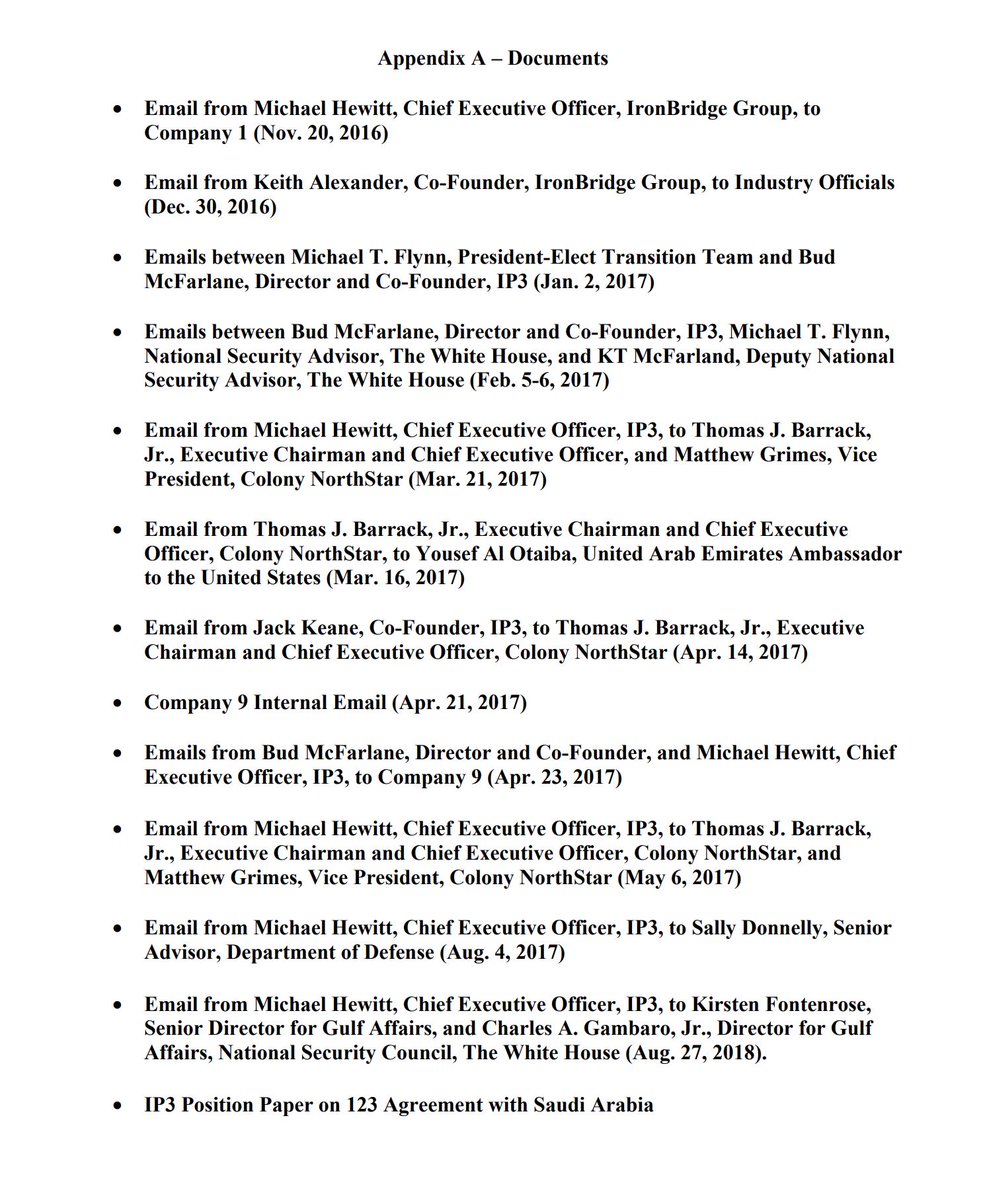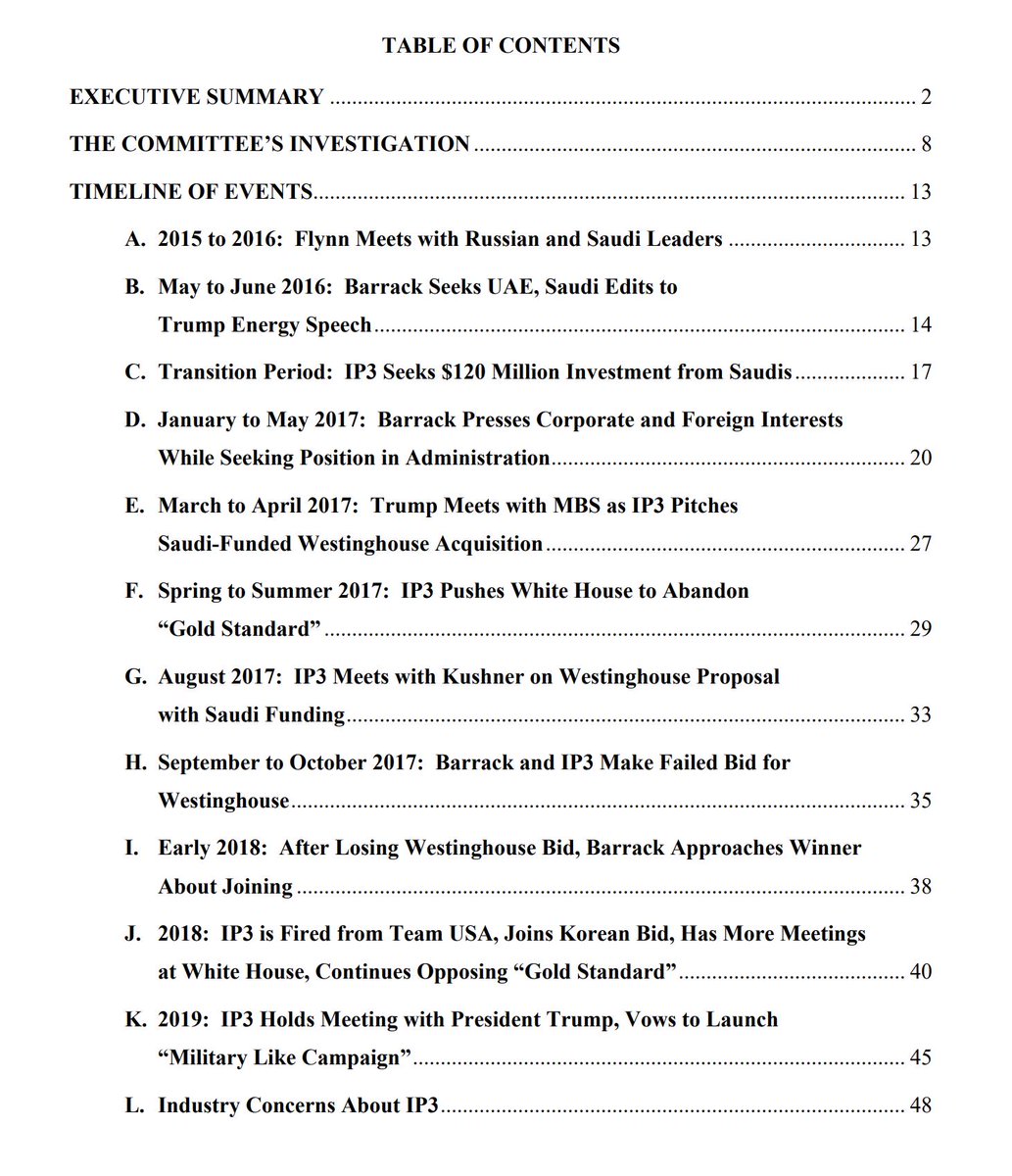‘Leaving billions of dollars on the table‘Rural hospitals foundering in states that declined Obamacare
By Michael Braga, Jennifer F. A. Borresen, Dak Le and Jonathan Riley | GateHouse Media
July 28, 2019
More than half of all rural hospitals in Mississippi, South Carolina, Georgia and Oklahoma lost money from 2011 through 2017.
In Kansas, the bloodletting was even more widespread.
Two out of three rural hospitals in the state operated in the red during the seven year period. Five were forced to shut down.
What these states also have in common is that legislators voted against expanding Medicaid under the Affordable Care Act, which would have provided coverage for hundreds of thousands of uninsured residents and bolstered rural hospital bottom lines.
Fiercely conservative and inherently distrustful of the federal government, state politicians balked at picking up 10 percent of the Medicaid expansion cost and repeatedly expressed fears that Washington bureaucrats would renege on generous Obamacare funding, leaving states to cover an ever increasing share of the healthcare burden.
That hasn’t happened yet.
In the meantime, residents of deep red rural America — farmers and farm workers, small business owners and their employees, the old and infirm — are seeing their hospitals founder and close.
“The irony to me,” said John Henderson, who heads The Texas Organization of Rural & Community Hospitals and supports Medicaid expansion, “is that we’re paying federal income taxes to expand coverage in other states. We’re exporting our coverage and leaving billions of dollars on the table.”
John Henderson, president of The Texas Organization of Rural & Community Hospitals [PROVIDED PHOTO]
While experts agree embracing Obamacare is not a cure-all for rural hospitals and would not have saved many of those that closed, few believe it was wise to turn the money down.
The crisis facing rural America has been raging for decades and the carnage is not expected to end any time soon.
High rates of poverty in rural areas, combined with the loss of jobs, aging populations, lack of health insurance and competition from other struggling institutions will make it difficult for some rural hospitals to survive regardless of what government policies are implemented.
For some, there’s no point in trying. They say the widespread closures are the result of the free market economy doing its job and a continued shakeout would be helpful. But no rural community wants that shakeout to happen in its backyard.
“A hospital closure is a frightening thing for a small town,” said Patti Davis, president of the Oklahoma Hospital Association. “It places lives in jeopardy and has a domino effect on the community. Health care professionals leave, pharmacies can’t stay open, nursing homes have to close and residents are forced to rely on ambulances to take them to the next closest facility in their most vulnerable hours.”
Patti Davis, president of the Oklahoma Hospital Association, says hospital closures are frightening for rural communities. [PHOTO BY DOUG HOKE, THE OKLAHOMAN]
Without a hospital, it also becomes difficult to attract new businesses to an area and keep others from leaving, she said.
To better understand the crisis, journalists from the Pittsburg Morning Sun and its parent company, GateHouse Media, spent three months analyzing financial data from nearly 2,200 rural hospitals across the United States to determine which are losing money and which face potential closure. Reporters also pored over academic studies and spoke to two dozen hospital officials, association executives and other health care experts.
The research revealed:
Rural America is in the midst of a deep and prolonged crisis that resulted in 106 hospital closures since 2010. Nearly 700 more are on shaky ground, and nearly 200 are on the verge of collapse right now, according to reports from Massachusetts consulting firm iVantage Health Analytics and the Sheps Center for Health Services Research at the University of North Carolina in Chapel Hill.
Hospitals faring the worst are mainly in states that refused to expand Medicaid. Those states account for 77 of the 106 closures over the past decade. They also are home to a greater percentage of money losing facilities and lower collective profit margins.
At the bottom of the pack is Kansas, where Gov. Sam Brownback’s conservative politics reigned for eight years. Seventy of its 109 rural hospitals lost money from 2011 through 2017, and seven ranked among the 20 worst performing rural hospitals in the country. Hospitals in nearby Oklahoma did not perform much better, and the same can be said for many states in the Deep South.
But one state, whose residents only recently voted to expand Medicaid, bucked the national trend. Thanks to sacrifices made by urban hospitals and their willingness to work with their small town counterparts, rural hospitals in Utah were among the most profitable in the country from 2011 through 2017. Only 14 percent lost money during the period and not one was forced to shut down.
Dave Gessel, executive vice president of the Utah Hospital Association, says revenue sharing plans implemented 20 years ago have helped rural hospitals in his state survive. [PROVIDED PHOTO]
“Twenty years ago, we instituted a policy where we would take a little money from urban hospitals and give it to rural hospitals,” said Dave Gessel, executive vice president of the Utah Hospital Association. “That’s provided a base for all our hospitals.”
Gessel added that the Mormon church provided a unifying influence.
“Rural Utah is pretty heavily Mormon,” Gessel said. “Because of those connections, those ties, local residents realized if they didn’t come together, things could get really bad.”
‘We take care of everyone‘
The nation’s current system of rural hospitals dates back to the 1940s and the belief that every town deserves a modern facility.
But with the rapid development of health care technology, the supply and demand for health care services shifted to urban areas.
“Most of what we knew how to do in the 1970s and 1980s could be done reasonably well in small towns,” said Dr. Nancy Dickey, president of the Rural and Community Health Institute at Texas A&M. “But scientific developments and advances in neurosurgery, microscopic surgery and the like required a great deal more technology and a bigger population to support the array of technology specialists.”
Dr. Nancy Dickey, president of the Rural and Community Health Institute at Texas A&M, says scientific developments have shifted the fulcrum of healthcare services away from rural America. [Texas A&M Health Science Center]
The number of services rural hospitals could provide consequently shrunk, and they didn’t need as many beds, Dickey said. At the same time, rural populations began to decline as jobs dried up and younger folks moved away.
That left rural communities with older, poorer populations and a greater number of uninsured — financially challenging demographics that forced more than 180 rural hospitals to shut down in the 1990s alone.
Alarmed by the closures, politicians responded by passing legislation that included the creation of the Critical Access Hospital designation, ensuring that a select group of rural hospitals would have all of their costs covered for Medicare patients.
The CAH designation means that if it costs $1 million to run a hospital for a year and the hospital has one Medicare patient, who is treated over a couple of days, Medicare will reimburse the hospital for practically the entire $1 million, explained Robert Whitaker, the chief executive of Kiowa District Hospital in Kiowa, Kansas. If that same hospital had one Medicare patient and one insured by Blue Cross and Blue Shield, Medicare would pay $500,000, but Blue Cross would pick up only the cost of the patient’s stay while in the hospital, which might amount to just a few thousand dollars.
Whitaker, whose hospital mainly treats Medicare patients, attributed its survival to the CAH designation and vigilant attention to both managing costs and maintaining a profitable patient mix.
“We take care of everyone,” Whitaker said. “But we watch the mix.”
The result is that Kiowa District Hospital recorded $5.6 million in profits from 2011 through 2017 in a state where 64 percent of all rural hospitals lost money during the same period.
Experts say the CAH designation helped other rural hospitals as well, contributing to a significant drop in closures during the first decade of the 21st century. But when the Great Recession hit, many rural hospitals found themselves in another deep financial hole. Closures began rising again — a trend that has not relented despite the economic rebound.
“If you don’t take the expansion,” said Dickey, the Texas A&M professor, “it’s a challenge to make sure you have enough paying patients coming through the door.”
‘A market that regularly fails‘
Looking at the data, it’s hard not to conclude that hospitals in non-expansion states are suffering far worse that those that embraced Obamacare. But for most of these states, refusing Medicaid was not their only problem.
Most have higher poverty rates and more hospitals concentrated in adjacent geographical areas. Many also lack coherent statewide policies to address the crisis.
Texas, for instance, experienced 17 closures since 2010 — the most in the country, according the Sheps Center for Health Services Research at UNC Chapel Hill. But practically all of them were located in the eastern and southeastern parts of the state.
These are small agricultural communities, explained Henderson, who heads The Texas Organization of Rural & Community Hospitals. The population is generally poorer than in other parts of the state and hospitals are closer to each other.
By comparison, hospitals in West Texas are further apart. They have less competition, and they are often supported by property taxes connected to the oil and gas industry, Henderson said. When oil prices are up, hospitals in these communities have access to more resources.
The same is true for some hospitals in Oklahoma.
“The biggest part of our profitability stems from the fact that we’re supported by a local county sales tax,” said Cindy Duncan, chief executive of Roger Mills Memorial Hospital in Cheyenne.
From 2011 through 2015, her hospital recorded profits because oil and gas companies were spending lots of money to buy pipes and pumps and fracking fluids. But when oil prices dropped and drilling stalled, the hospital started reporting losses.
“We saw a big shift in 2015,” Duncan said. “The community sales tax declined by 90 percent.”
It’s not just Texas and Oklahoma. In Kansas, survival of rural hospitals also depends on what local resources they can draw on.
“Because many of our hospitals are affiliated with local governments, each locality might take a different approach,” said Kari Bruffett, the Kansas Health Institute’s vice president for policy.
It’s clear those disparate approaches aren’t working.
Not only did Kansas lose five hospitals since 2010, it also is home to some of the worst performing rural hospitals in the country. They include Kiowa County Memorial Hospital in Greensburg and Morton County Hospital in Elkhart, which both lost more than $17 million between 2011 and 2017.
“From where I’m sitting, it really does go back to resources and whether there has been Medicaid expansion,” said April Holman, executive director of the Alliance for a Healthy Kansas. “Expansion on its own won’t save any hospital, but it does play into the funding mix that helps sustain rural hospitals.”
Terry Hill, senior advisor to the National Rural Health Center in Duluth, Minnesota, agreed that Medicaid expansion would help troubled hospitals in Kansas and other states. But he said the situation in the Deep South is more problematic because rural hospitals generally get paid much lower rates for both Medicaid and private insurance than states like New York or Minnesota.
At the same time, unaddressed health care needs in the South are often greater.
Alabama, for example, has a higher poverty rate, a higher incidence of diabetes and other chronic conditions and a larger percentage of patients who can’t pay their medical bills. Those dynamics have contributed to the closure of six rural hospitals and the second lowest margin of profitability in the country behind Kansas.
There are some academic researchers and politicians in conservative states who believe there are good reasons for the failure of rural hospitals and that the free market should be left to decide the winners and losers.
Navigant, a Chicago-based healthcare consulting firm, recently published a report stating that 153 of the 430 unstable rural hospitals in the United States are “not essential.” If they go down, their communities would find other ways of meeting residents’ needs.
George Pink, deputy director of the North Carolina Rural Health Research Program at the Sheps Center, says the free market often fails when it comes to healthcare, endangering the most vulnerable citizens – the old, the poor and the sick. [PROVIDED PHOTO]
That conclusion is supported by a 2015 Harvard University study that looked at 195 hospital closures between 2003 and 2011 and found that, while patients had to travel further after a shutdown, death rates and other key indicators of quality health care did not worsen.
But George Pink, deputy director of the North Carolina Rural Health Research Program at the Sheps Center, isn’t convinced the free market is the best model for rural America.
“Healthcare has shown itself many times over to be a market that regularly fails,” Pink said. “If you think of a small, rural community, miles from anywhere else, you wouldn’t expect the market to jump in and provide solutions. Think about the high percentages of poor, chronically ill, elderly, and disabled in these towns. These are not people with a lot of political power.”.
‘We rallied around to help them‘
While hospitals in most states that declined to expand Medicaid are struggling, Utah provides a notable exception.
Gessel, the executive vice president of the Utah Hospital Association, says that’s because his state has certain advantages.
One is that hospital systems in Utah are more concentrated than in other parts of the country. There are only four, and the largest — Intermountain Healthcare — controls nearly half of the 21 rural hospitals in the state.
Utah also has a diversified and growing economy, a low poverty rate and a tradition of donating generously to charity, Gessel said, and rural hospitals have been successful in attracting experienced executives from bigger markets.
As a result, only three rural hospitals in Utah reported losses from 2011 through 2017, and collectively its 21 hospitals logged the highest profit margin in the country.
“Over a 24 year period there were three or four hospitals that might have closed,” Gessel said. “But everyone rallied around to help them.”
Pink, the professor at UNC’s Sheps Center, said several other states have taken novel approaches to addressing the crisis. Louisiana recently passed the Rural Hospital Preservation Act that supports rural hospitals with wrap around funding, and North Carolina is about to follow its lead.
“These are useful initiatives,” Pink said. “But I don’t know of any hospital that’s opposed to Medicaid expansion. It’s good from a financial standpoint. But more importantly, it provides access to health care for vulnerable people.”
http://gatehousenews.com/ruralhospitals ... ltroubles/ 

